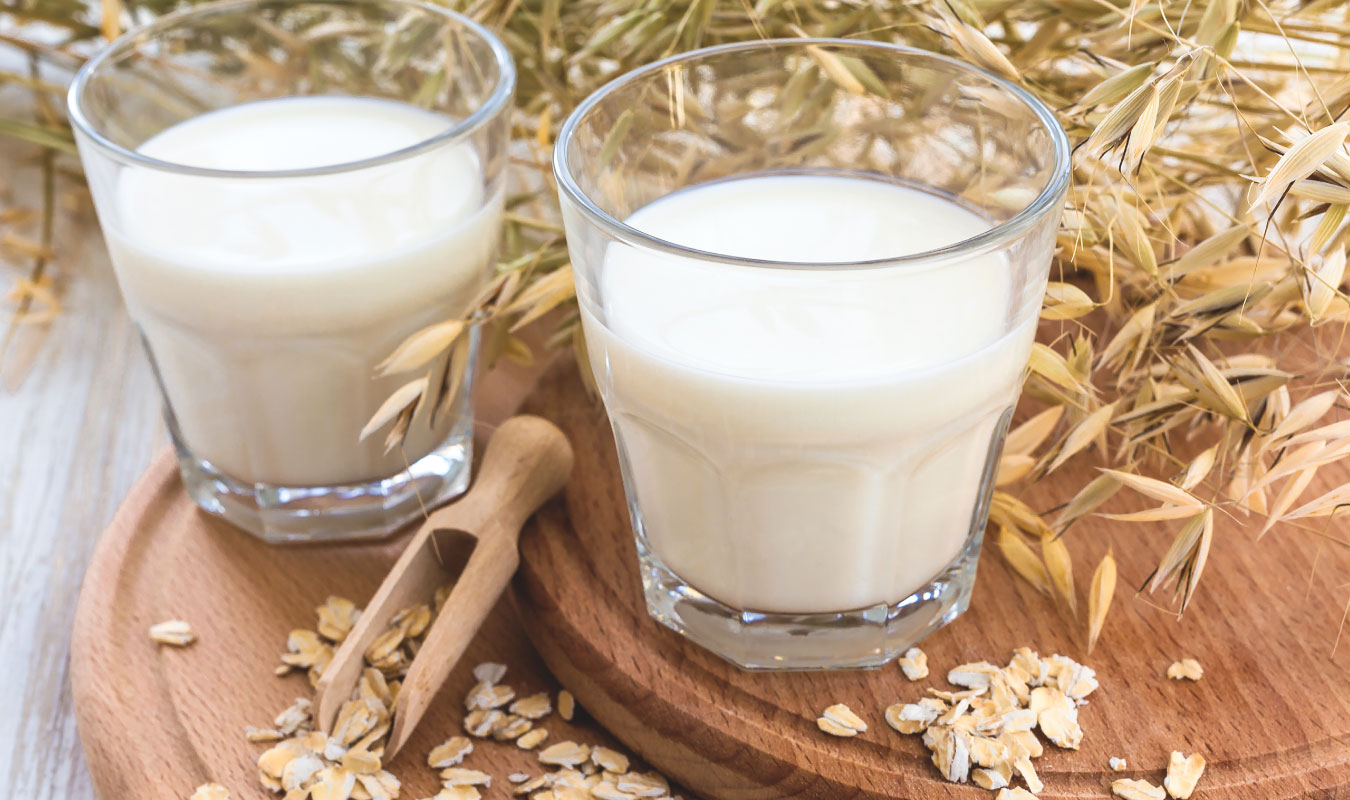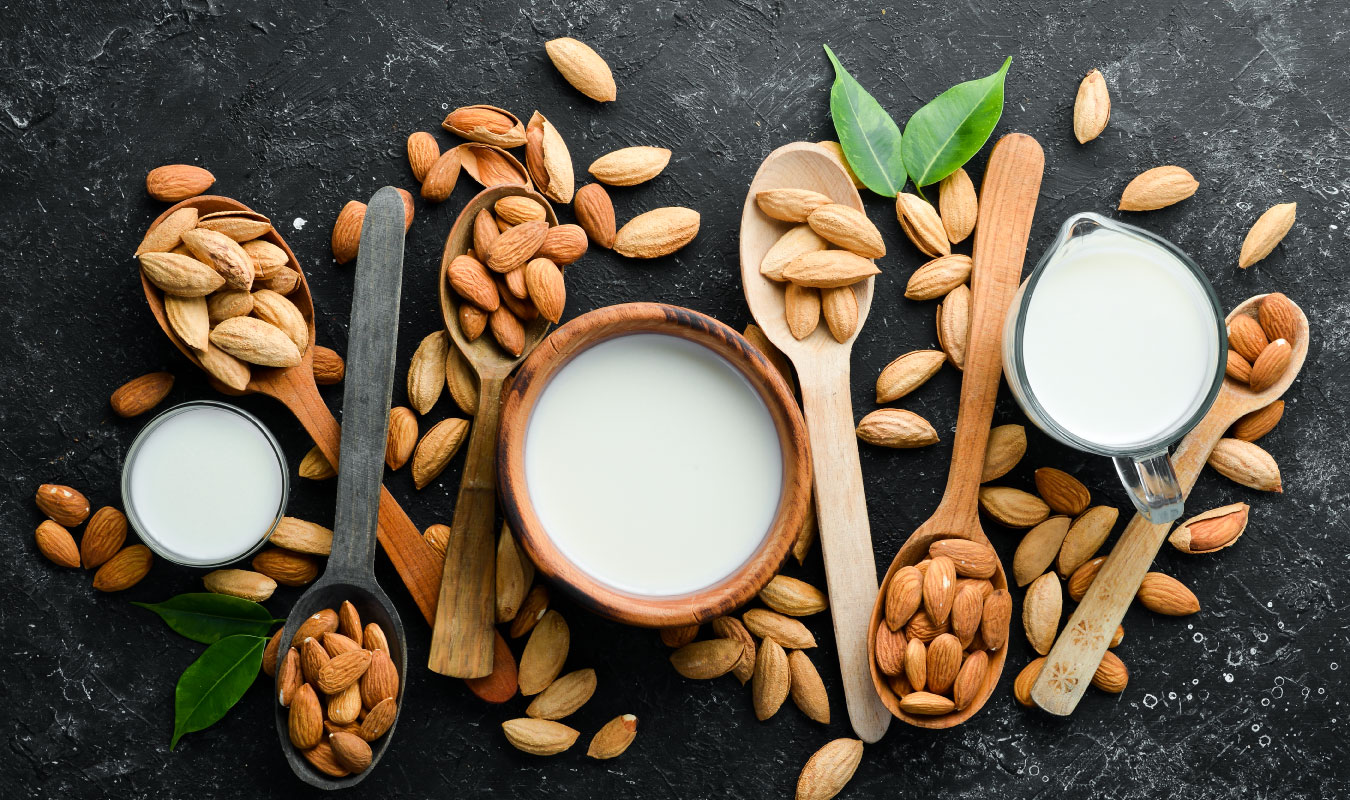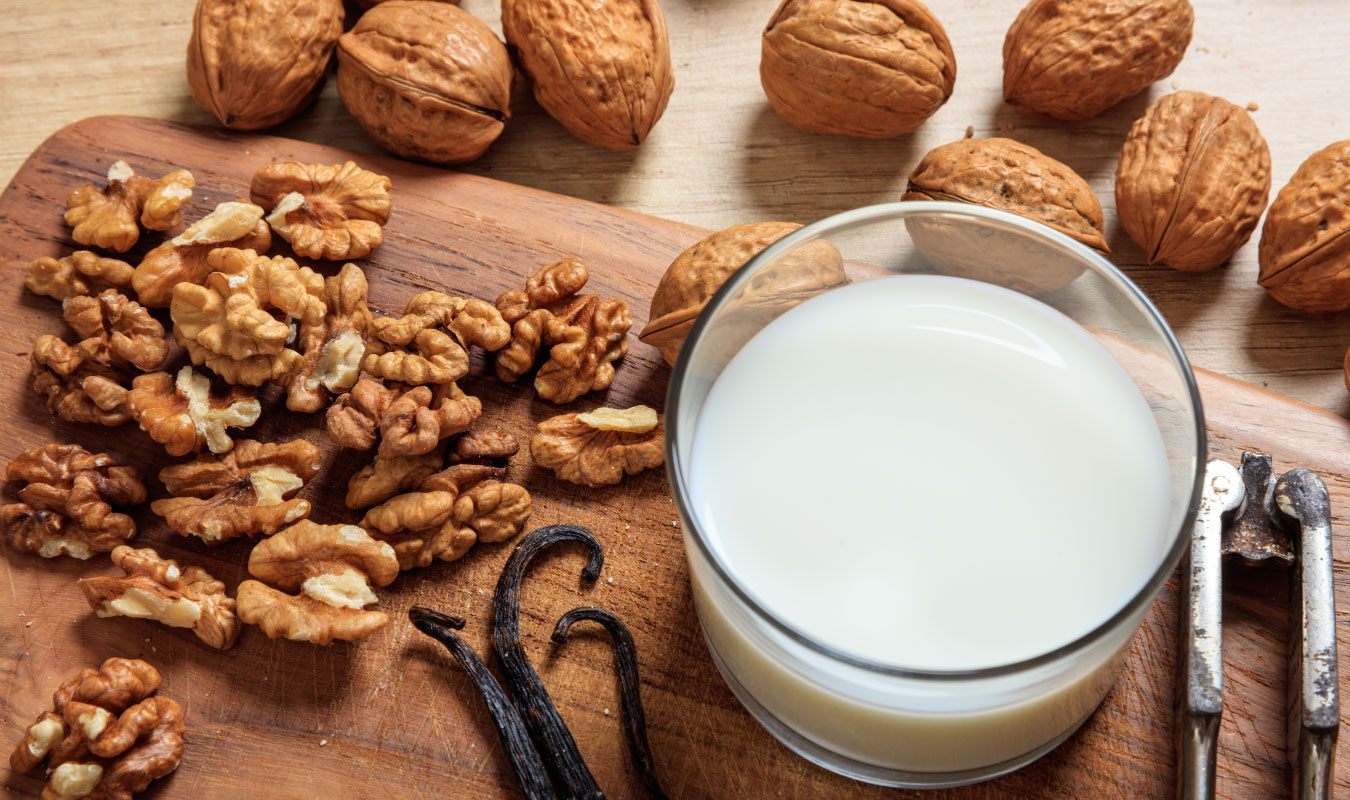Discovering Top Snack Suppliers in Malaysia
Malaysia’s snack scene is a dynamic and flavourful reflection of its rich cultural tapestry, offering a sensory journey for locals and visitors alike. From bustling
Lactose intolerance is a common digestive issue that affects a large portion of the population. This condition is characterised by the inability to digest lactose, a sugar found in dairy products, which can lead to discomfort and digestive distress. For those who suffer from lactose intolerance, eliminating dairy can relieve symptoms.
An excellent alternative for those who are lactose intolerant is to switch to plant-based milk. In recent years, there has been a significant increase in people adopting a plant-based lifestyle. One of the biggest reasons behind this is the health benefits associated with plant-based milk.

One of the most significant benefits of choosing plant-based milk is that it’s a great source of essential nutrients, including vitamins, minerals, and antioxidants, which are necessary for overall health and well-being. Plant-based milk is also lower in calories, fat, and saturated fat than dairy milk, making it an excellent choice for those looking to manage their weight. Additionally, many plant-based milk options are fortified with vitamins and minerals, such as calcium and vitamin D, typically found in dairy milk.
Plant-based milk is made from various plant sources, including nuts, grains, and legumes, and each type offers unique health benefits. For example, oat milk is an excellent source of fibre and is low in saturated fat, while almond milk is a rich source of healthy monounsaturated fats and antioxidants. Another key benefit of choosing plant-based milk is that it is typically more easily digestible than dairy milk, making it an excellent choice for lactose-intolerant people.
While there are many benefits to choosing plant-based milk, it’s essential to ensure you select the right product for your needs. Here are a few things to keep in mind when deciding which plant-based milk is suitable for you:
A significant difference between plant-based and dairy milk is that much plant-based milk is naturally sweetened, making them an excellent alternative for those watching their sugar intake. However, some plant-based milk can be high in added sugars, so it’s essential to check the nutrition label before choosing. You should also limit your intake of added sugars, including those found in naturally sweetened products.
Virtually all nonorganic corn and soybeans grown in the United States are genetically modified (GMO). GMOs have been linked with allergies and many other adverse health effects. To avoid GMOs, choose organic! Many plant-based milk options are available in an organic variety
If you’re watching your sugar intake, choosing unsweetened varieties of plant-based milk is a good idea, which will help you avoid added sugar. The best way to get through the day is by eating foods low in sugar and high in nutrients, so choose unsweetened varieties of plant-based milk and add your sweetness at home through fresh fruit or honey. If you do opt for sweetened products, keep in mind that most standard dairy kinds of milk also have added sugar, but they’re rarely labelled as such since they’re making a natural claim.
When choosing plant-based milk, it’s a good idea to read the ingredient list. For example, you should avoid plant-based milk brands that contain ingredients not typically found in milk, such as xanthan gum, carrageenan (a thickener), and stabilizers. Look for plant-based kinds of milk that don’t have any added sugars or artificial sweeteners because these ingredients are typically high in calories and can be unhealthy when consumed regularly. Understanding what’s in your milk will help you make the best choice for your health and lifestyle.

Oat milk is made from whole oats blended and strained to create a creamy and smooth milk alternative. Oat milk is an excellent source of fiber, making it a healthy option for those looking to improve their digestive health. Additionally, oat milk is low in saturated fat, making it a heart-healthy choice for those looking to manage their cholesterol levels. Oat milk is also naturally sweet, making it an excellent option for those looking for a sweet alternative to dairy milk.

Almond milk is made from almonds that have been blended and strained to create a creamy and nutty-tasting milk alternative. Almond milk is a rich source of healthy monounsaturated fats, which can help to improve heart health and reduce the risk of cardiovascular disease. Additionally, almonds are a rich source of antioxidants, which can help to protect the body from harmful free radicals and reduce the risk of chronic diseases. Almond milk is also low in calories, making it an excellent choice for those looking to manage their weight.

Walnut milk is made from walnuts that have been blended and strained to create a creamy and nutty-tasting milk alternative. Walnuts are a rich source of omega-3 fatty acids, essential for brain and heart health, and antioxidants, which can help protect the body from harmful free radicals. Walnut milk is also a great source of plant-based protein, making it an excellent option for those looking for a nutritious plant-based milk alternative.

Pistachio milk is made from pistachios that have been blended and strained to create a creamy and nutty-tasting milk alternative. Pistachios are a rich source of healthy monounsaturated fats, which can help to improve heart health and reduce the risk of cardiovascular disease. Additionally, pistachios are a good source of fibre, making them an excellent choice for those looking to improve their digestive health. Pistachio milk is also a great source of plant-based protein, making it an ideal option for those looking for a nutritious plant-based milk alternative.
In conclusion, many different types of plant-based milk are available on the market, each offering its unique health benefits. Whether you’re lactose intolerant or simply looking to adopt a healthier lifestyle, switching to plant-based milk can offer a range of health benefits, from improved heart health to better digestion. When choosing plant-based milk, look for unsweetened milk, fortified with calcium and vitamin D and fits within your dietary needs and goals. Some popular plant-based milk options include oat milk, almond milk, walnut milk, and pistachio milk.
Malaysia’s snack scene is a dynamic and flavourful reflection of its rich cultural tapestry, offering a sensory journey for locals and visitors alike. From bustling
Tomato paste is a cornerstone of countless kitchens, a concentrated powerhouse of flavour tucked away in the pantry. For home cooks seeking tomato paste in
Oats have firmly established themselves as a breakfast staple in Malaysia, moving from a simple pantry item to a celebrated superfood. The demand for quality
Navigating the Modern Snack Aisle The snack aisle has become a battleground of nutritional claims and tempting flavours, leaving many consumers confused. Gone are the